Every city has its own "morning rush hour." Endless streams of vehicles stretch beyond the horizon, and every person wears a furrowed brow, anxious and restless, fearing that being late might result in salary deductions and impact this month's performance—a reflection of the anxiety brought about by workplace competition.
Observing the hurried office workers, one hand clutching breakfast, the other replying to work messages on their phones, their eyes are filled with exhaustion and anxiety. To secure a foothold in this city, they work overtime and stay up late to meet deadlines. Their health deteriorates, yet they dare not pause, fearing being overtaken by the younger generation and losing their jobs.

Among these various anxieties, housing pressure weighs heavily on their hearts. Gazing at the unattainable housing prices, young couples exhaust their savings for a small apartment of just a few dozen square meters, burdened with massive mortgages spanning decades.
At this point, children's education becomes the last straw that breaks the camel's back. From the moment a child is born, his/her parents involuntarily embark on a long journey filled with worries and unease. They constantly fear their child may fall behind at the starting line of life, as if that invisible line determines the child's entire destiny. When the child is still babbling, they worry about his/her delayed language development; when he/she enters school, they fret over his/her academic performance, social circles, and even distant career prospects years down the line. These anxieties, like resilient ropes, bind parents tightly, leaving them physically and mentally exhausted.
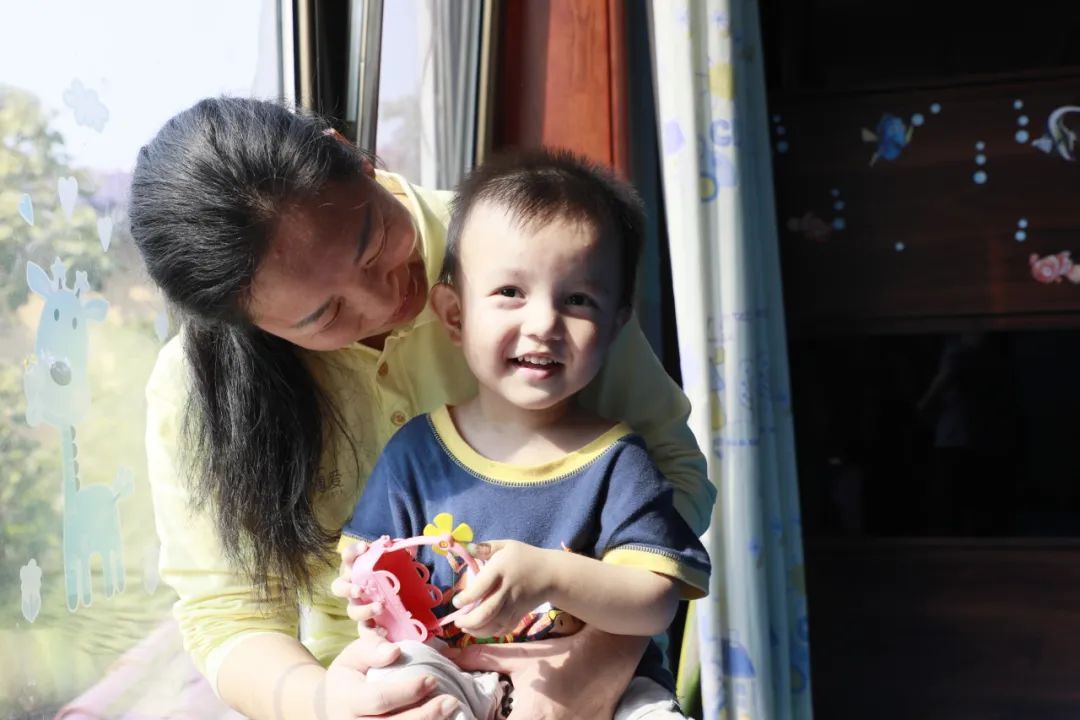
To break free from this predicament, one must start by adjusting their mindset. "Acceptance" and "Support" are two key points that contain endless wisdom to alleviate anxiety. Today, let's learn Chunhui-inspired child concepts with Chunhui Mamas and shake hands with "happiness."
Acceptance is not just about embracing everything about the child but also includes accepting one's own emotions. Many parents might worry: "What if I can't accept my child's shortcomings?" Letting go of anxiety means recognizing that learning to "accept" is a long process. Parents must understand that experiencing negative emotions like anxiety and fatigue is entirely normal on the parenting journey. When facing a child's mischief, unsatisfactory grades, or feelings of inadequacy compared to other children, instead of resisting or suppressing these emotions, one should acknowledge their existence. Try to calm down and analyze the root causes of these emotions—are they due to excessive concern for the child's growth or projections of one's own unfulfilled experiences? Only by facing one's emotions can one approach parenting challenges with a more peaceful and composed mindset, thereby better accepting the child.

Accepting the child means parents must genuinely respect the child as an independent individual, accepting them as they are, allowing them to live their own wonderful lives without constraints. Every child is born with unique brilliance and potential. Some are naturally sensitive to numbers, excelling in mathematics; others are captivated by colors and lines, showcasing their artistic talents. Parents should keenly observe and cherish these differences, rather than molding the child they way they like. Acceptance also involves granting the child the right to make mistakes, understanding that errors are valuable stepping stones on the path of growth. When a child returns home disappointed after a failed exam or gets into trouble, parents should offer a warm and understanding embrace, gently comforting and patiently guiding them. Every time a child rises after a fall is an opportunity to learn resilience and life skills. Acceptance is also a broad-minded attitude towards the world and oneself, helping parents realize that a child's growth path is inherently full of uncertainties, and what we can do is to support them with an open heart.
Support means parents should actively stand in the child's shoes, thinking and feeling as they do, and doing what they need. Abandoning a condescending attitude, parents should become the child's most solid backing on their journey to pursue dreams. When a child is passionate about painting, immersed in depicting their inner fantasy world, parents should provide materials and encouragement, making the child feel their passion is respected. If a child is enamored with music, expressing delicate emotions through notes, parents should take the time to listen to their performances and share musical insights. If a child is keen on scientific experiments, exploring the mysteries of the unknown, parents can assist in gathering materials and discussing results together, letting the child know that whatever challenges lie ahead, there is always a strong hand supporting them. This equal support not only aids the child's growth but also brings immense happiness to parents, as witnessing a child approach their dreams is a beautiful journey in itself.
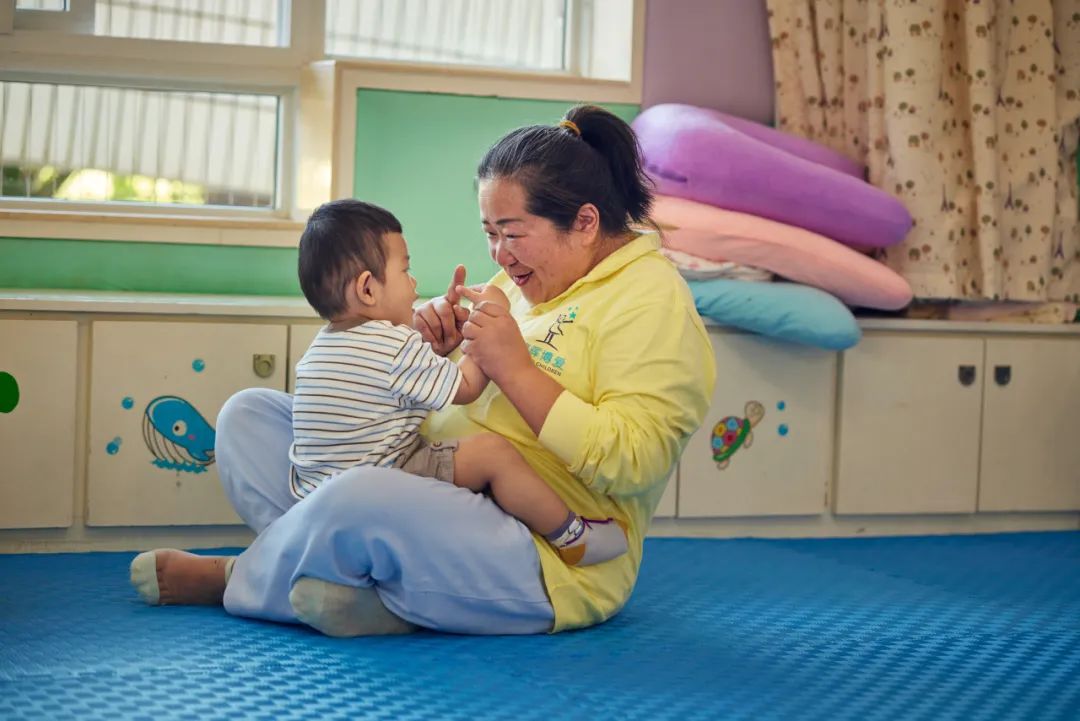
As the mindset gradually escapes the mire of anxiety and becomes more peaceful, establishing a good parent-child "relationship" is like building a high-rise on solid ground. The most crucial elements here are "listening" and "accompanying." The parent-child "relationship" is not merely cohabiting under the same roof; it carries the nutrients for a child's growth, a deep emotional bond, and spiritual connection. This relationship is like a two-way bridge, transmitting love, trust, and respect. Emotional fluctuations and growth transformations on one side can ripple through the other, determining the child's sense of security and influencing the shaping of their worldview and life perspective.
Listening is not just perfunctorily hearing the child speak; it means parents should appreciate every form of the child's expression. Whether it's sharing interesting school anecdotes with excitement or expressing grievances about conflicts with peers, parents should understand that these are precious channels to connect with the child's inner world.
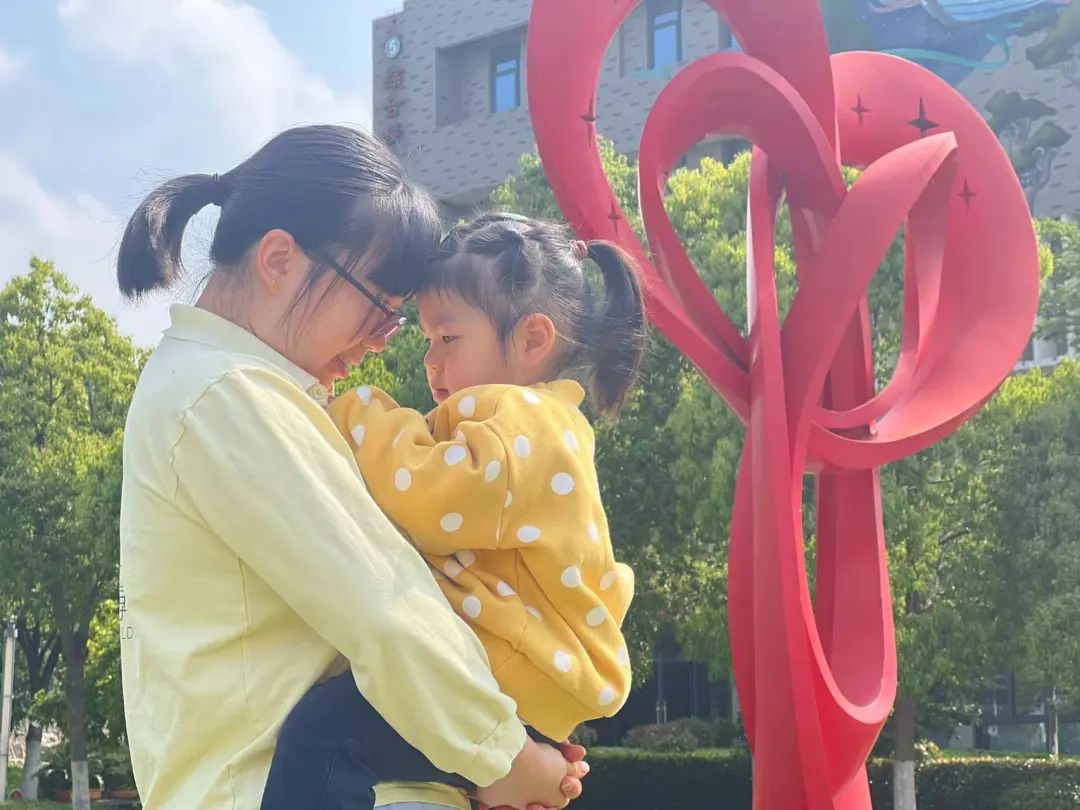
Parents need to set aside their endless work, eliminate distractions, and fully engage in communication with the child, offering attentive gazes filled with concern and curiosity; timely responses with gentle nods, warm smiles, and sincere words, indicating that they are listening earnestly. This way, the child can truly feel respected and valued, deepening the emotional bond and helping them sort out emotions and find solutions during the conversation.
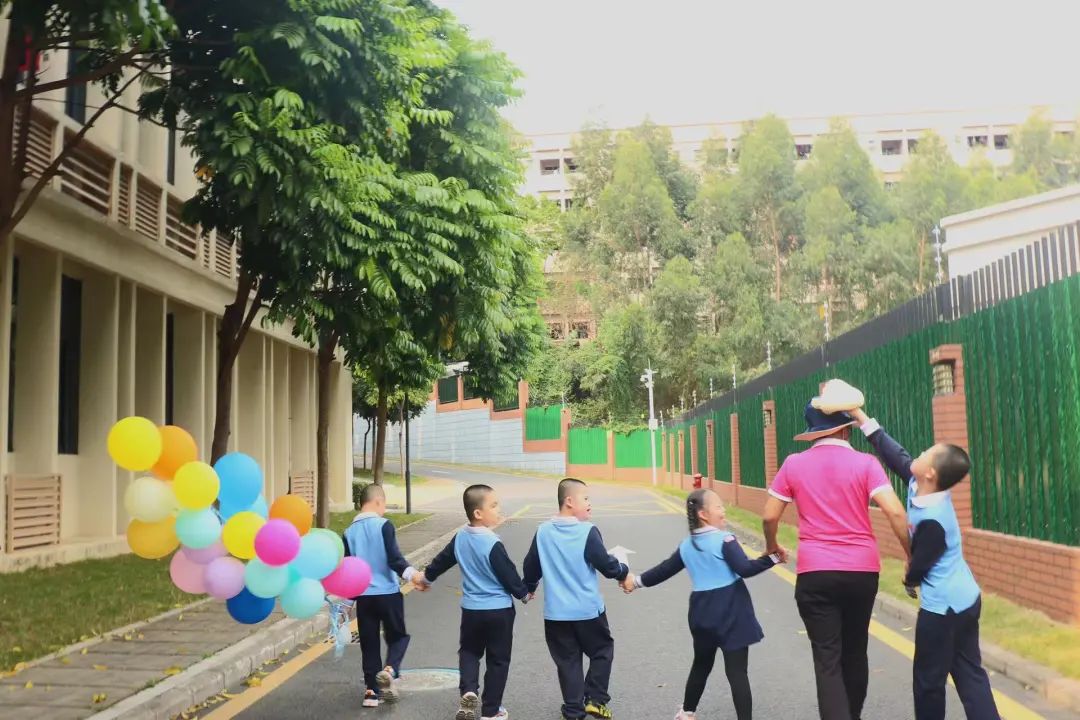
Accompanying is the adhesive that makes the parent-child relationship unbreakable. Genuine companionship is not merely being in the same room while each is engrossed in their devices. It means parents generously devote time and energy to the child, carefully nurturing every moment of their growth. Reading a book full of fantasy adventures together, discussing the hidden wonders in the story, and exchanging imaginative ideas; or strolling outdoors on sunny days, observing the seasonal changes in flora and fauna, and sharing new discoveries and insights; or engaging in lively parent-child sports, sweating and laughing together, bringing hearts closer. In these pure and beautiful moments, without the interference of electronic devices, only sincere interactions exist, allowing the child to gain a strong sense of security and deep love.
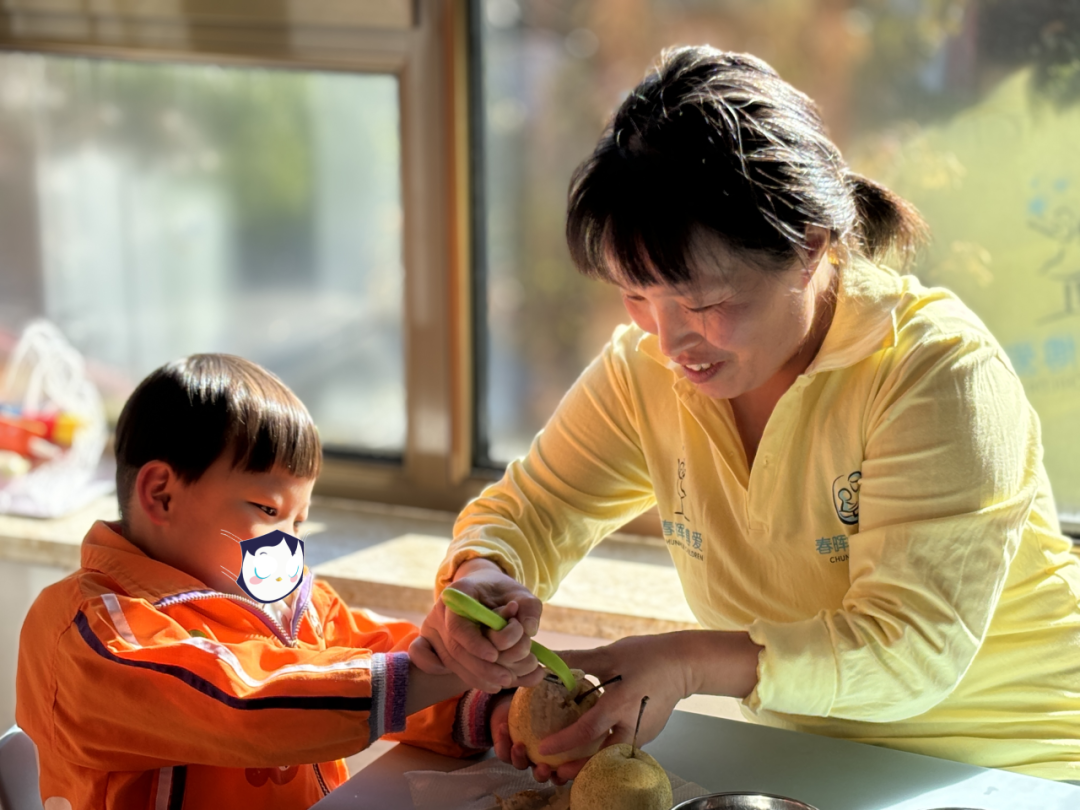
For ordinary families, "inclusion" is like a door to the broader world, an important step in extending the parent-child relationship outward. This means parents should actively lead their children to integrate into the diverse embrace of society, participating in various public welfare activities, such as engaging in charity projects. When children step into different "worlds" and interact closely with children from different backgrounds, their innocence and desires deeply touch the child's heart. Playing games together, sharing snacks, the originally introverted child gradually becomes cheerful and learns to care for others' feelings.
Participating in volunteer activities to help disabled children, children witness their resilience in overcoming life's challenges, using limited physical functions or assistive devices to paint beautiful pictures or play simple tunes. The young hearts are greatly moved, understanding the hardships of life and cherishing what they have. They actively help push wheelchairs and assist in handicraft tasks, planting seeds of empathy, making them realize the beauty of a diverse and inclusive world, where every child should not be isolated but provided with a broader space to grow and shine.
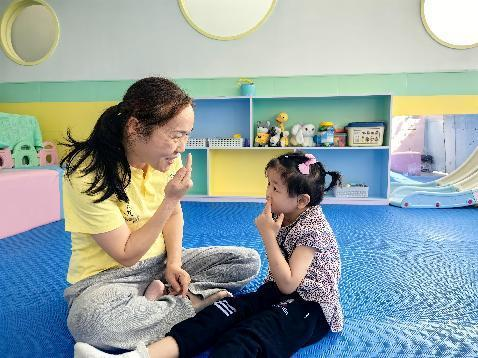
At the same time, "inclusion" is also a solid bridge connecting family and school education. Parents and teachers maintaining regular and in-depth communication is like building a smooth information highway for the child, constantly paying attention to their growth in school. Understanding the child's classroom performance and interpersonal interactions, and jointly discussing solutions to problems, forming a strong educational synergy to create a high-quality environment conducive to the child's growth.
Often, it's not that we don't understand good parenting methods, but that we can't implement them. Reflecting on these "knowing but not doing" moments, we might find that in our past growth, we haven't fully "accepted" ourselves or been genuinely "listened to," "supported," or "accompanied." Without a deep understanding of these concepts, it's naturally challenging to translate cognition into action.
The best understanding is to first apply these forms of "love" to oneself. Accept one's "imperfections," learn to listen to one's inner voice, and accompany one's own needs. Gradually, we master the skills of sorting out and managing our emotions. Then, when facing an irritable and unreasonable child, we can calm down, listen to their voice, understand their pain, and support their needs.
Our relationships with children, elders, and the world are constantly being reconstructed. We always hope that these reconstructions, whether passive or active, will make life better. Perhaps, the essence of parenting is the re-education of life. The grammar of love we deliberately practice will eventually internalize into the poetry of life, rewriting the source code of our existence. In the mirrored maze of relationships, every parent can encounter their truest self, which may be the most profound gift of the parent-child relationship.
It's important to note that acceptance, support, relationships, companionship, listening, and inclusion are six child perspectives that continuously promote each other in practice, spiraling upward. Acceptance, support, and relationships are deepened through the parenting methods and concepts of listening, companionship, and inclusion, and cannot be achieved overnight. We must deeply understand and practice this concept in daily parenting, gradually alleviating anxiety, and helping ourselves and our children better understand the essence of "happiness."